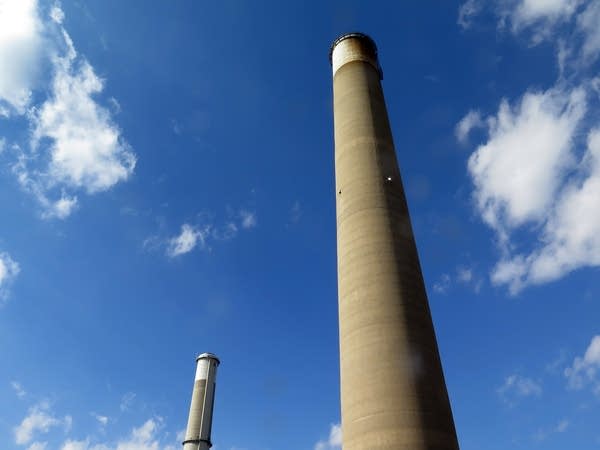Election puts change in the wind on Minn. energy policy

Smokestacks as tall as skyscrapers at Sherco in Becker, Minn.
Matt Sepic | MPR News 2015
Go Deeper.
Create an account or log in to save stories.
Like this?
Thanks for liking this story! We have added it to a list of your favorite stories.


